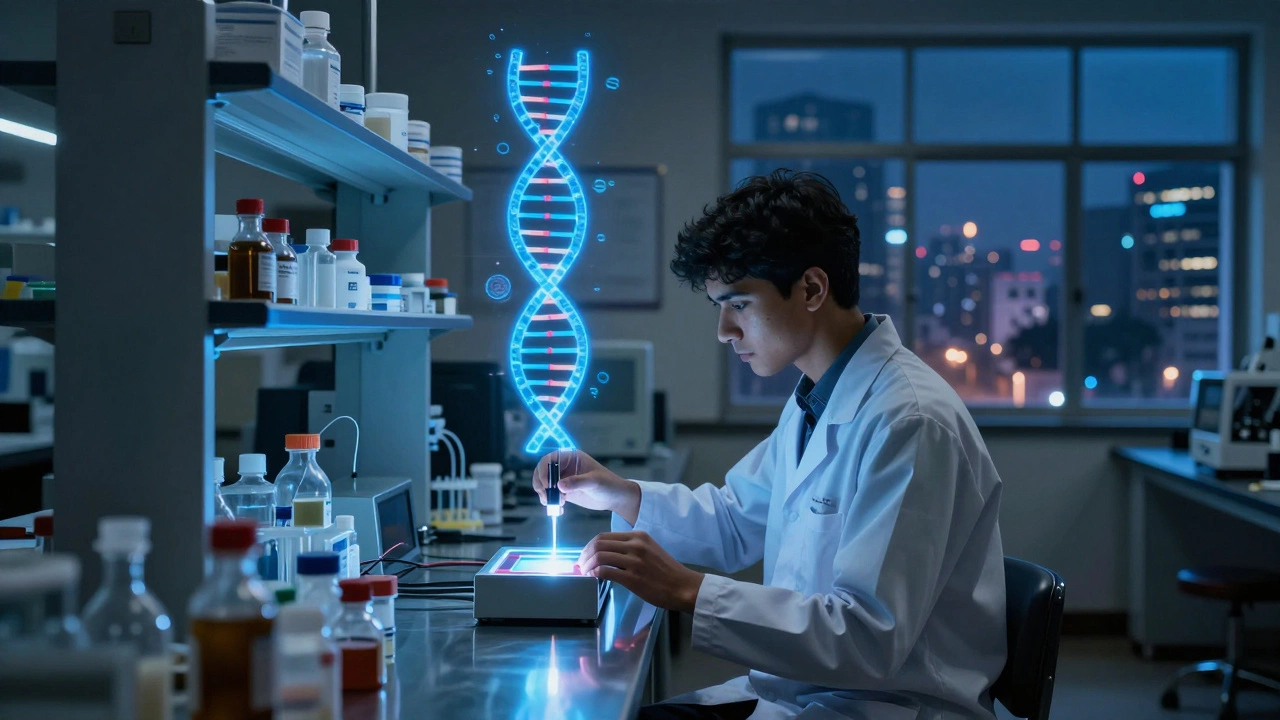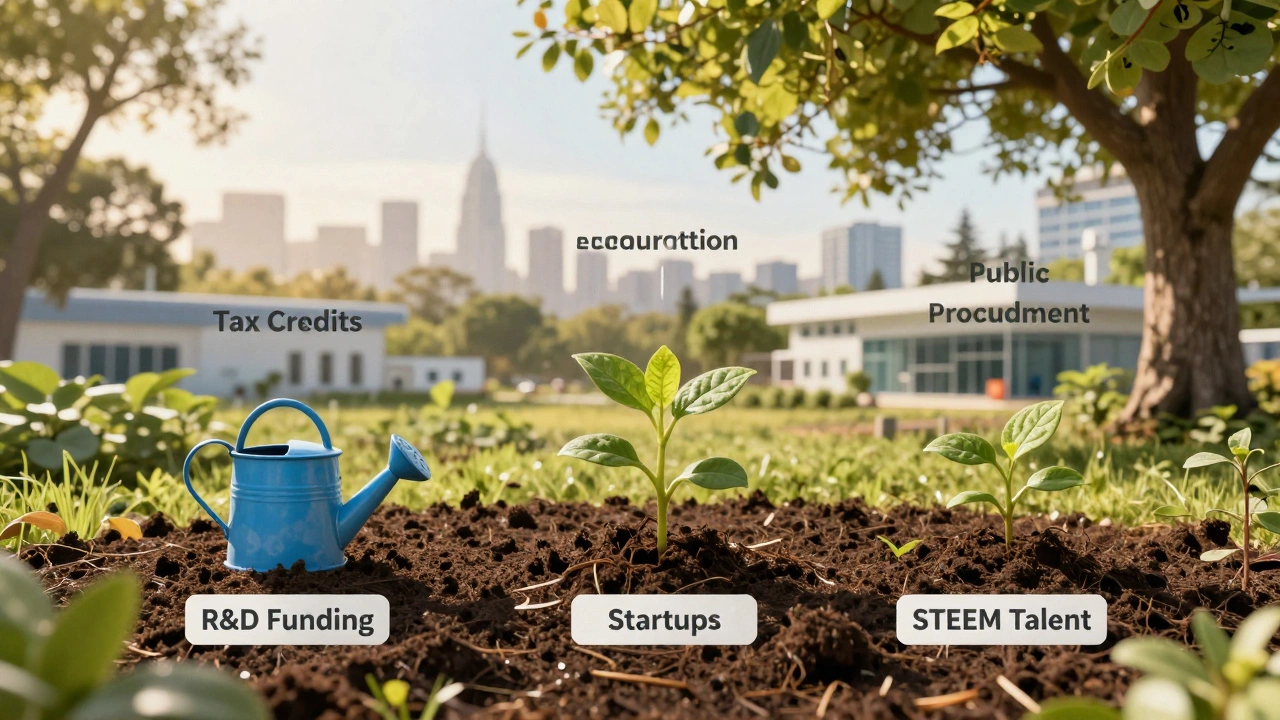STEM Inspire India: Real Science and Innovation Across India
When you think of STEM innovation, practical science and technology driving real change in everyday life. Also known as applied research, it’s not just labs and papers—it’s solar panels powering villages, vaccines reaching remote towns, and AI helping doctors spot disease faster. This isn’t theory. It’s what’s happening right now across India, led by researchers, engineers, and public health teams who are solving problems with what they’ve got.
Renewable energy, power sources like wind and solar that don’t run out or pollute is now cheaper than coal. Public health, the system that stops diseases before they spread has wiped out polio and cut smoking rates with simple, smart laws. And biotechnology, using living cells to make medicines, food, and clean materials is delivering CRISPR cures and lab-grown meat right here. You don’t need to be a scientist to see the impact—you just need to know where to look.
Below, you’ll find clear, no-nonsense stories about who’s doing what, how it’s working, and why it matters. From how data scientists talk to nurses to why wind is the cleanest energy, this is the real picture of India’s scientific rise.
Starting medical research with no experience is harder than it looks-but not impossible. Learn how volunteers, free courses, small projects, and persistence can open doors in healthcare research.
The four pillars of innovation management-culture of experimentation, strategic alignment, open collaboration, and resource enablement-are the foundation for sustainable innovation in any organization. Learn how they work together to turn ideas into impact.
At 30, you're not too old for data science-you're better positioned than most. Real-world experience, domain knowledge, and problem-solving skills matter more than coding speed. Here's how to make the switch successfully.
Data scientists code a lot-not because they love programming, but because they need to turn data into answers. Learn what they actually code, how much, and whether you can skip it.
Public health initiatives prevent disease, save lives, reduce inequality, and cut healthcare costs. From clean water to vaccination drives, these programs protect entire communities - often without us even noticing.
The biggest ethical issue in biotech today is the unchecked power to edit human genes, protect genetic privacy, and decide who benefits from science-before society has agreed on what’s right.
Data science is one of the most remote-friendly tech jobs in 2026. Learn what remote data science really looks like, which companies hire remotely, and how to land a remote role-even without experience.
Innovation policy is how governments create the conditions for new technologies and businesses to grow. It includes funding, tax breaks, regulations, and education programs that turn ideas into real-world solutions.
Solar power is the fastest growing renewable energy in the world, adding over 400 gigawatts in 2025 alone. Cheaper panels, better storage, and global investment are driving its rapid expansion across cities and remote areas alike.
A public health initiative is a planned effort to improve community health through prevention, education, and policy - not just medical treatment. Examples include clean water programs, smoking bans, and vaccination drives.
Learn the four principles of Taylor’s scientific management theory and how they shaped modern workplace efficiency, collaboration, and productivity - still relevant in today’s teams and workflows.
NASA's real name is National Aeronautics and Space Administration-no secrets, no hidden meanings. Learn the history behind the acronym and why it's not just a nickname, but the official legal name of the U.S. space agency.












